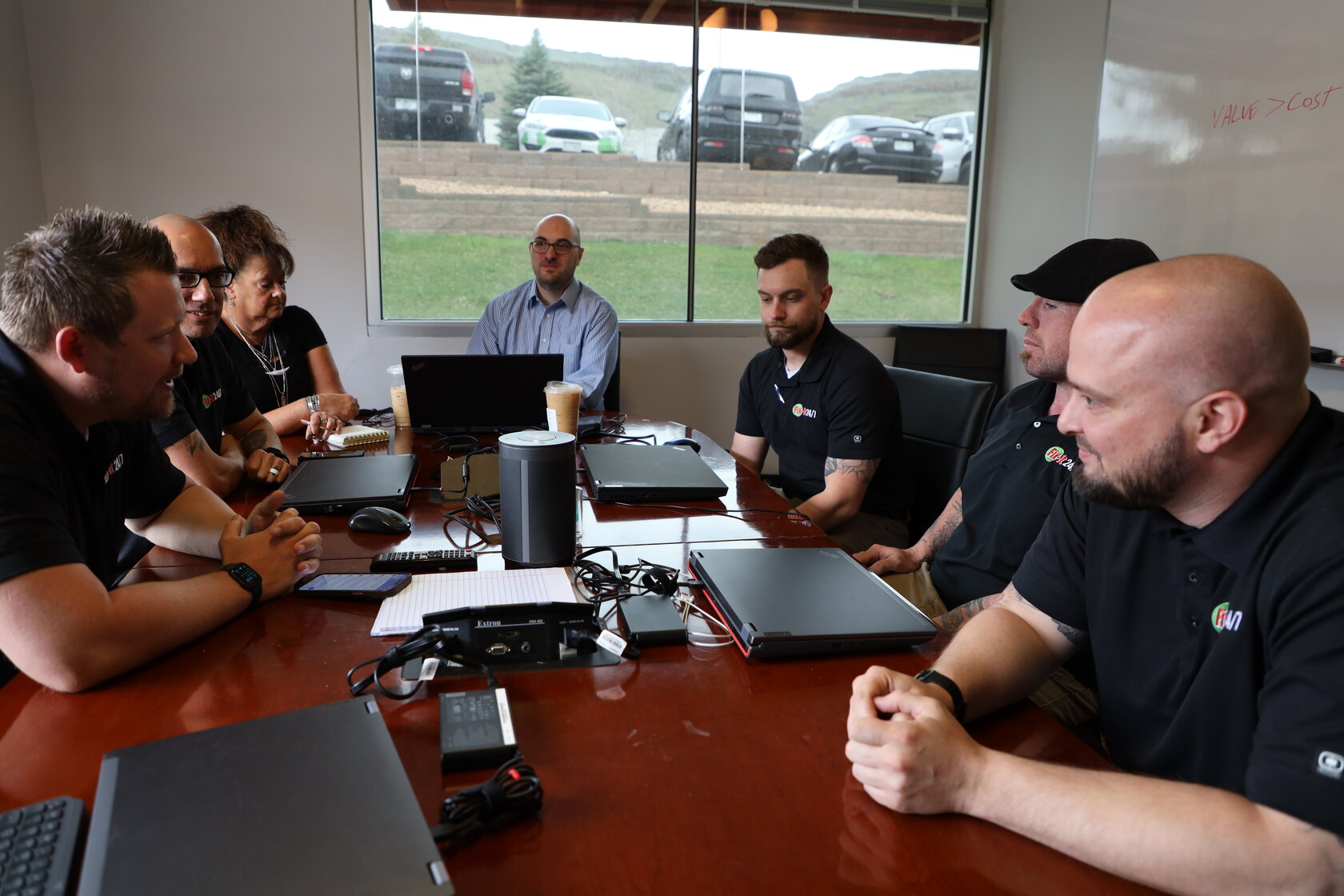Frequent clogs can be a frustrating issue for homeowners in Seabrook Island. These blockages can disrupt daily routines and lead to costly repairs if not addressed promptly. Understanding the root causes of frequent clogs and implementing effective solutions can help maintain your plumbing system and keep it running smoothly.
Common Causes of Frequent Clogs
Understanding the common causes of frequent clogs is crucial for effective plumbing maintenance. Various everyday materials contribute to blockages, which can disrupt the flow of water and cause significant issues.
1. Grease and Fat: One of the most common culprits is grease or fat poured down the kitchen sink. As these substances cool, they solidify and cling to the inside of pipes, gradually building up and restricting water flow.
2. Hair: In bathrooms, hair is a primary cause of clogs. When hair combines with soap scum, it forms stubborn clumps that stick to pipe walls and create serious barriers to drainage.
3. Food Particles: Food debris, especially starchy or fibrous items, can also lead to clogs. These particles accumulate in drains and traps, creating blockages over time.
4. Foreign Objects: Items such as wipes, diapers, and sanitary products flushed down toilets can cause severe clogs in the sewage system. These items do not break down easily and can obstruct pipes.
5. Soap Scum: Soap residue can accumulate in pipes and combine with hair and other materials, exacerbating clogs. This is often seen in bathtubs and shower drains.
DIY Methods to Address Minor Clogs
Minor clogs can often be resolved with simple DIY methods. Knowing how to address these blockages can save time and prevent minor issues from escalating into major problems.
1. Plunger: A plunger is an effective tool for clearing minor clogs in sinks, toilets, and tubs. Ensure a tight seal around the drain and use steady, controlled pressure to dislodge the blockage.
2. Drain Snake: For more stubborn clogs, a drain snake or auger can be useful. Insert the snake into the drain and rotate it to break up the obstruction. This method works well for hair and other solid debris.
3. Baking Soda and Vinegar: A mixture of baking soda followed by vinegar can create a fizzy reaction that helps break down minor clogs. Pour the baking soda into the drain, followed by vinegar, and let it sit for a few minutes before flushing with hot water.
4. Boiling Water: For grease-related clogs, pouring boiling water down the drain can help dissolve solidified grease and clear the blockage. Be cautious with this method, as it is not suitable for all pipes.
5. Plumbing Tools: Tools such as pipe wrenches and pliers can help remove and clean traps under sinks, where clogs often occur. Disassemble the trap and clear out any debris before reassembling it.
When to Call Our Professional Plumbers
While DIY methods can handle minor clogs, some situations require the expertise of our professional plumbers. Recognizing when to seek professional help can prevent further damage and costly repairs.
1. Persistent Clogs: If clogs keep recurring despite your efforts, it could indicate a more serious issue in the plumbing system. Persistent clogs may be due to buildup deep within the pipes or other underlying problems that need professional attention.
2. Slow Drains: Consistently slow drains can be a sign of partial blockages or issues in the main sewer line. Our professionals have the tools and knowledge to diagnose and resolve such problems efficiently.
3. Multiple Clogs: When multiple drains in your home are clogged simultaneously, it usually points to a problem in the main sewer line. This situation requires immediate professional intervention to prevent further complications.
4. Foul Odors: Bad smells coming from your drains could indicate a blockage or issue with the sewer line. Our technicians can check the system, identify the source of the odor, and fix the underlying problem.
5. Gurgling Sounds: If you hear gurgling noises from your drains, it may be a sign of air trapped in the pipes due to a clog. Our professionals can locate and remove the blockage to restore proper drainage.
Preventive Measures to Avoid Future Clogs
Taking preventive measures can save you from the hassle of frequent clogs and keep your plumbing system running smoothly. Implementing simple habits and regular maintenance can significantly reduce the risk of blockages.
1. Use Drain Guards: Install drain guards or strainers in sinks, showers, and tubs. These devices catch hair, food particles, and other debris, preventing them from entering the pipes and causing clogs.
2. Dispose of Grease Properly: Avoid pouring grease or fat down the kitchen sink. Instead, collect it in a container and dispose of it in the trash. This prevents grease from solidifying in the pipes and causing blockages.
3. Flush Only Toilet Paper: Ensure that only human waste and toilet paper are flushed down the toilet. Avoid flushing wipes, sanitary products, or other foreign objects that can cause severe clogs.
4. Clean Drains Regularly: Periodically clean your drains with a mixture of baking soda and vinegar or use a mild commercial drain cleaner. This helps break down and remove buildup inside the pipes.
Conclusion
Frequent clogs can be a significant annoyance for homeowners in Seabrook Island. Understanding common causes and adopting DIY methods can help manage minor clogs effectively. However, recognizing when to call our professional plumbers is essential for handling more severe or persistent issues. Prevention is always the best approach, and implementing simple habits can greatly reduce the risk of future clogs.
For reliable plumbing solutions, trust Fix It 24/7 Air Conditioning. Contact us today to schedule an appointment and have our expert plumber in Seabrook Island solve your plumbing issues!

